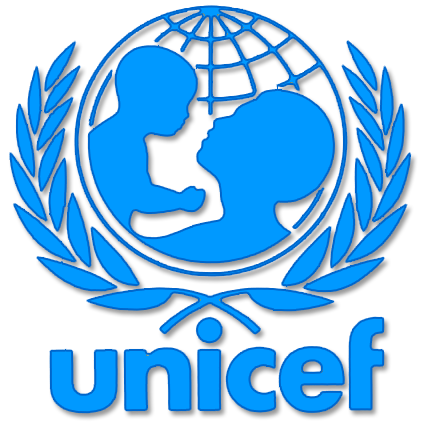 UNICEF would from 2015 to 2017 work with the Ghana Health Service to roll out programmes to make health facilities more mother and baby friendly.
UNICEF would from 2015 to 2017 work with the Ghana Health Service to roll out programmes to make health facilities more mother and baby friendly.
The envisaged Baby-Friendly facility models would focus on improving the quality of maternal and newborn care at the facilities.
Dr Daniel Yayemain, Child Health Specialist at UNICEF-Ghana said this at the launch of the 2015 National Child Health Promotion Week in Ho.
He said the initiative would be follow-up to the Baby Health Friendly Initiative, but would “emphasize the accountability of health facilities and health care providers to the communities and the populations they serve”.
Dr Yayemain said while efforts to improve survival of newborns are going on, we must “not sleep on our laurels, regarding children who have survived the neonatal period”.
“We must intensify our efforts to sustain the gains in childhood vaccination, access to and utilisation of malaria control strategies, prevention of stunting and management of acute malnutrition,” he stated.
The theme for the period is: “I am a newborn, keep me clean, help me live.”
Dr Victor Bampoe, Deputy Minister of Health, in a message read on his behalf, promised that, “my Ministry will do all it can to provide the needed support to ensure that all children of this country enjoy good health and live to adulthood”.
He recalled that Child Health Promotion Week, celebrated in May every year for the past 11 years with support from USAID, was instituted at the time “child health indicators were stagnating”.
Dr Bampoe said the week was to “increase awareness among caregivers and the community about routine preventive health services available to children, increase patronage of these services and thereby reduce illness and death among children under age five”.
He remarked that those services, such as immunisation, growth monitoring, promotion of treated nets, Vitamin A supplementation and birth registration, were not routinely accessed by all.
Dr Bampoe said Ghana had nevertheless, been chalking out successes, with 90 per cent of children under five fully immunised.
There were no wild polio cases since 2008, zero record of deaths from measles since 2002 and a marked decrease in malaria cases among children below five years.
“The net result of these is a reduction in under five mortality rate from 80 per 1000 live births to 60 per 1000 live births between 2008 and 2014 as recorded by the Demographic and Health Surveys,” the Minister stated.
He said in spite of progress made there is still a surging challenge of reducing neonatal mortality rates.
Dr Bampoe said with “a rate of 32/1000 live births in 2011, there has only been a marginal decrease to 29/1000 live births in 2014.
He observed that deaths occurring within the first month after birth have become an important component of child deaths, accounting for as high as 40 per cent of under five mortality.
Dr Bampoe said most of these deaths were traceable to infections, prematurity and complications during delivery, requiring that the thrust to curb child deaths should be “to prevent and promptly detect and treat infections among newborns”.
He lauded UNICEF, WHO, USAID and other partners for their support over the years.
Dr Yaw Ofori-Yeboah, Deputy Director, Public Health at the Volta Regional Health Directorate, who gave the regional situation, said many “newborns do not receive the needed care, leading to avoidable deaths”.
He expressed displeasure that about half of pregnant women representing 48.6 per cent in 2014 delivered at home.
Ms Helen Adjoa Ntoso, Regional Minister said there is a linkage between child health and neat environment.
Source: GNA























